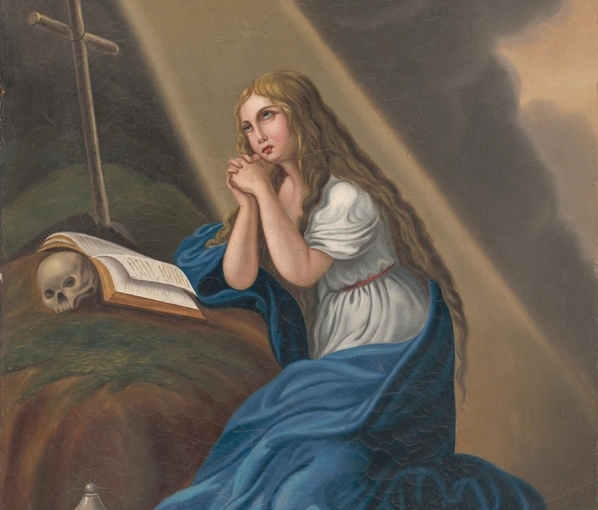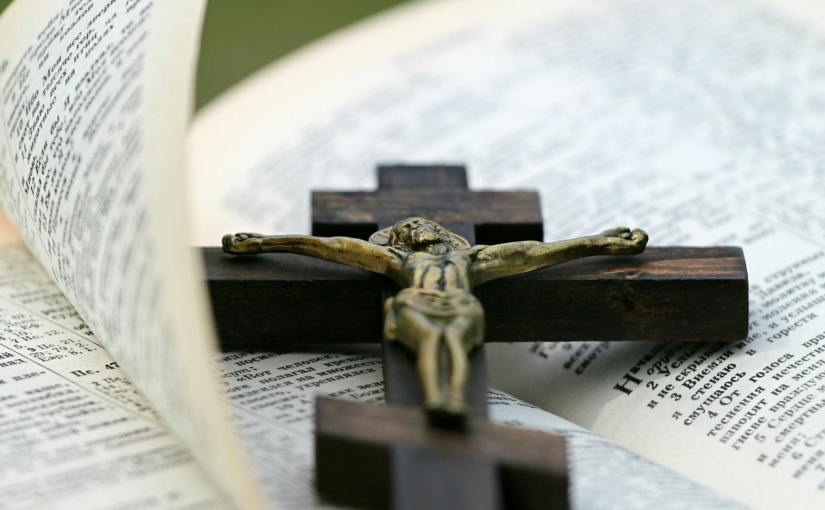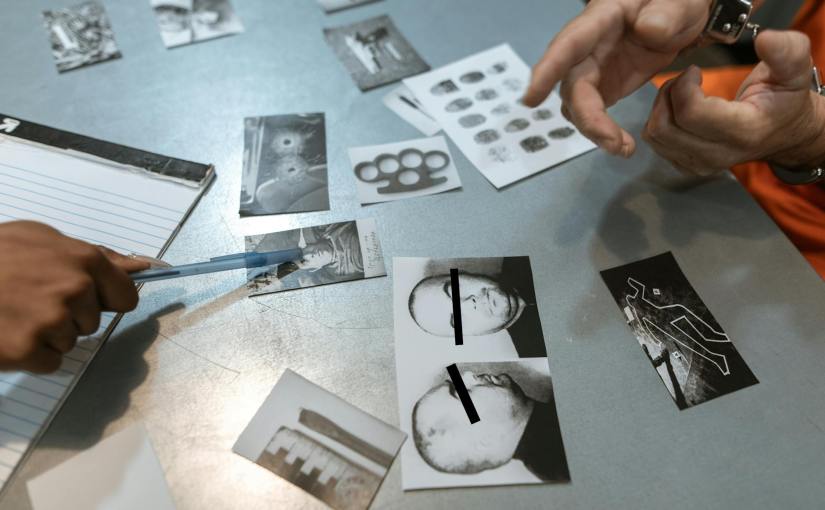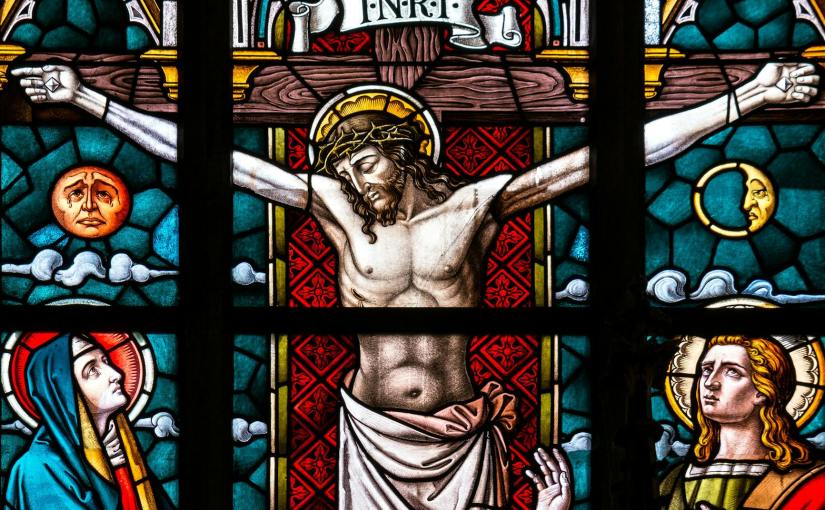Mary of Magdalene: Part 1
I had thought that no one could understand
as I journeyed through the abyss abandoned and alone,
tormented every hour by seven demons.
They reached into the depths of my being.
Their tendrils of loathing wrapped around me.
Their hate overwhelmed me. So did my shame.
I could scarcely breathe.
Sleep was elusive and haunted by terrors,
terrors which did not abate even in waking.
Daily I thought to myself, “Why O God, why?” and “What life is this?”
Daily I cried out to Him, “In your mercy, deliver me”.
No one could bring comfort and solace.
No one could free me from my shadow-life.
No one could break the chains that entwined me.
One day I was wandering, lost, through the village.
I glimpsed a man, followed closely by twelve others.
Even from a distance, I knew he was somehow different.
The demons attempted to drive me away.
I stood, transfixed, unable to move as the man drew close.
He came alongside me, took my hands and spoke.
Words of love that knew no fear. Words of truth.
Words of life. A voice that spoke the very world into being.
“Mary, Mary, be free.”
At once, hearing his words, the demons fled, screaming.
He had spoken a deep truth that permeated my being.
And I stood there no longer alone, cleansed, no longer ashamed.
Free. Free from torment. Free to be…me.
That moment, I chose to give my life to this man.
I would follow him. I would provide for him.
I would journey with him.
Mary of Magdalene: Part 2
My journey began.
Wherever he went, freedom came.
Freedom from illness.
Freedom from anxiety.
Freedom from shame.
Freedom from lies.
Freedom from abuse.
Freedom from injustice.
Freedom from evil spirits.
Freedom.
I was in awe.
At the heart of this was a love I never knew existed.
I began to see as if before meeting him,
I had been blinded all my life.
I began to see people as God saw them.
Worthy of love, worthy of life, worthy…
There were those who recognised the truth,
those who responded to his love,
those who acknowledged his call,
those who followed.
I wept with joy because the long-awaited Messiah had come.
His disciples were people you’d least expect to follow a Rabbi.
Simple fishermen, and tax collectors.
Simple, ordinary folk.
These were the people he chose to follow him.
But there were those who rejected the truth.
Bitter and resentful.
Challenged and exposed.
Hard-hearted and hate filled.
Little did we know at the time
that they were plotting his end.
But he knew.
He knew why he had come.
He knew what he had to do.
He knew that he had come to pay the price.
And then came that day.
A day that my heart broke.
A day that I saw my Saviour betrayed.
This was no justice.
He had committed no crime.
He was unjustly tried.
And the crowd…
They cried out “Crucify him”.
They wanted to crucify the one who had come to save them.
Darkness fell in my heart as they flogged him,
as they humiliated him
as they tortured him.
They paraded him through the streets
carrying a heavy wooden cross.
It was still dark in the end.
There he hung as he gave up his last, abandoned and alone.
Abandoned and alone as I had been.
And with his last, he cried out “It is finished”.
His body was taken down in death and laid in a tomb.
No time was given for us to anoint him and lay him to rest.
But soon Sabbath was over.
That first day of the week…
we journeyed to the tomb to anoint my precious Lord.
It was empty!
Who? Why? Where?
So many questions.
I ran to Simon Peter and told him the news.
As I stood outside the tomb I wept.
Suddenly I saw two figures in white, seated where his body had been.
They asked me why I was crying. How could they not know?
Through my tears, I falteringly said,
“They have taken my Lord away, and I don’t know where they have put him.”
As I turned around, I saw another figure, standing there.
I knew he was somehow different.
He asked me why I was crying, and who it was I was looking for.
Was it this man who had carried him away?
I asked him where he had put him.
He replied with one word with a voice that spoke the very world into being, “Mary.”
It was my Lord! He was alive!!!
The darkness and the sorrow fled as once again I encountered his love.
He told me not to hold on to him.
He told me to tell the disciples the good news, “I have seen the Lord!”
My journey continued. My life transformed.
My Lord, my Saviour, my Redeemer – alive.
The Lamb of God, who takes away the sin of the world!









